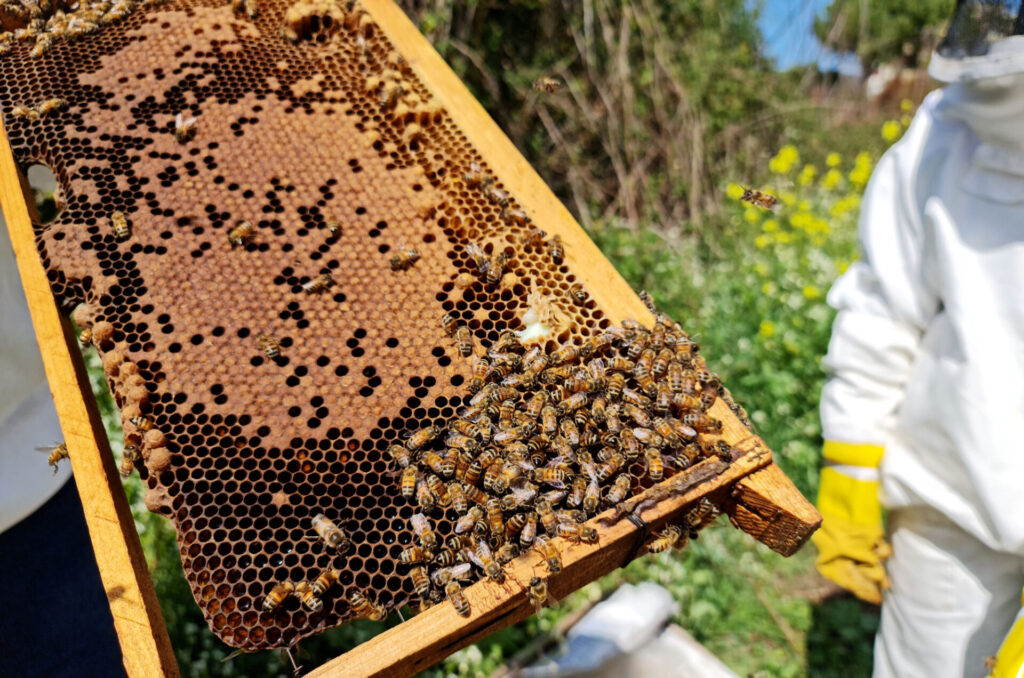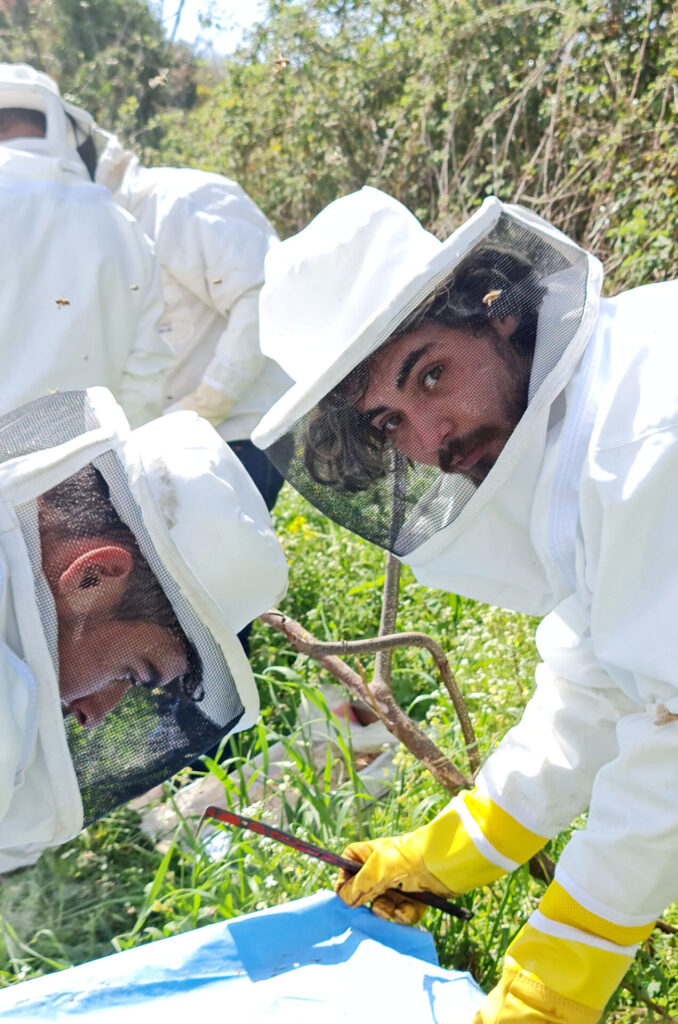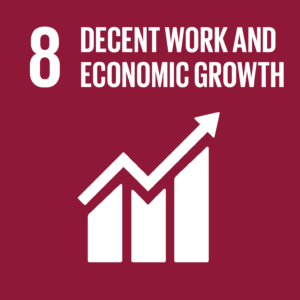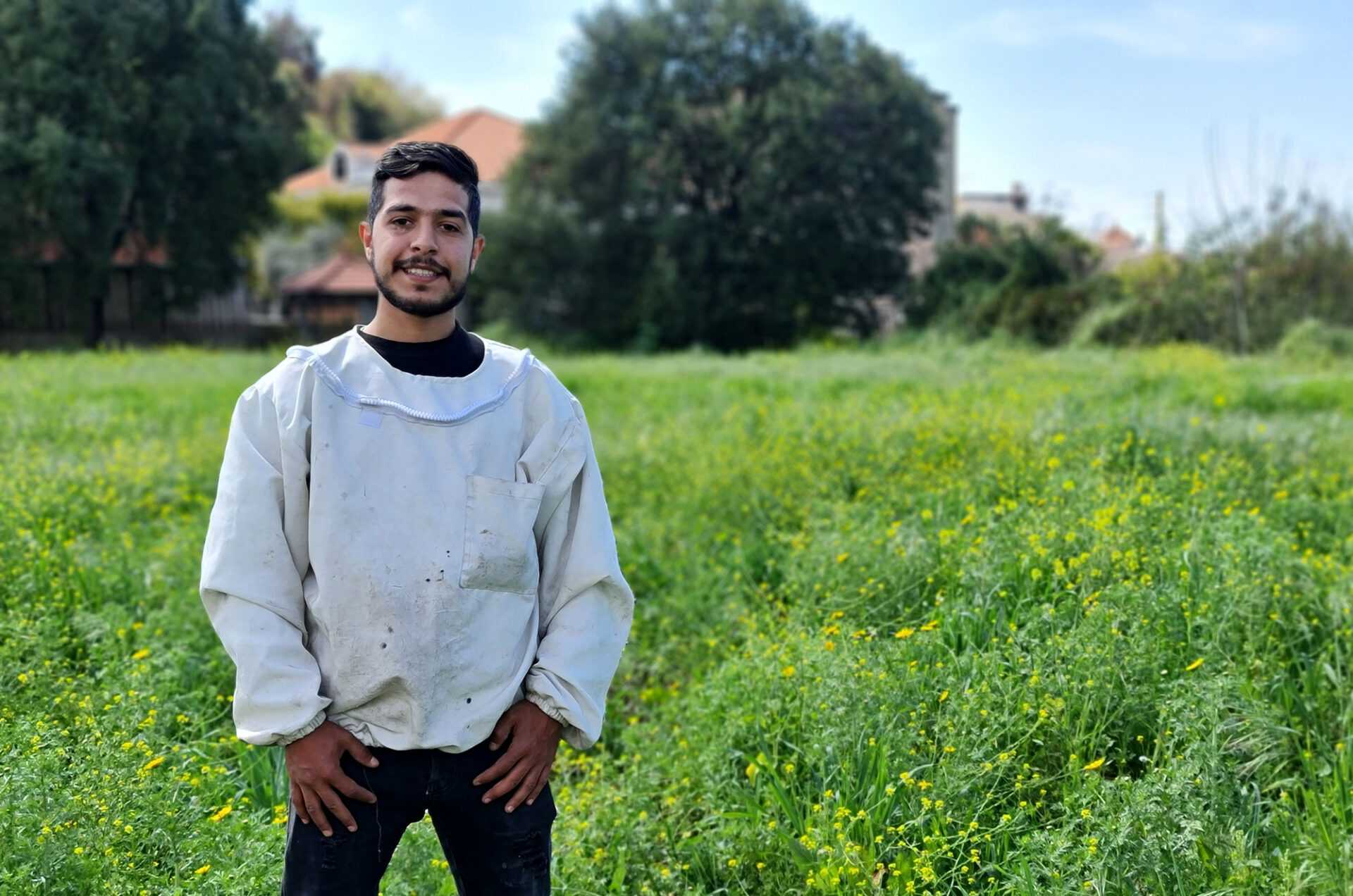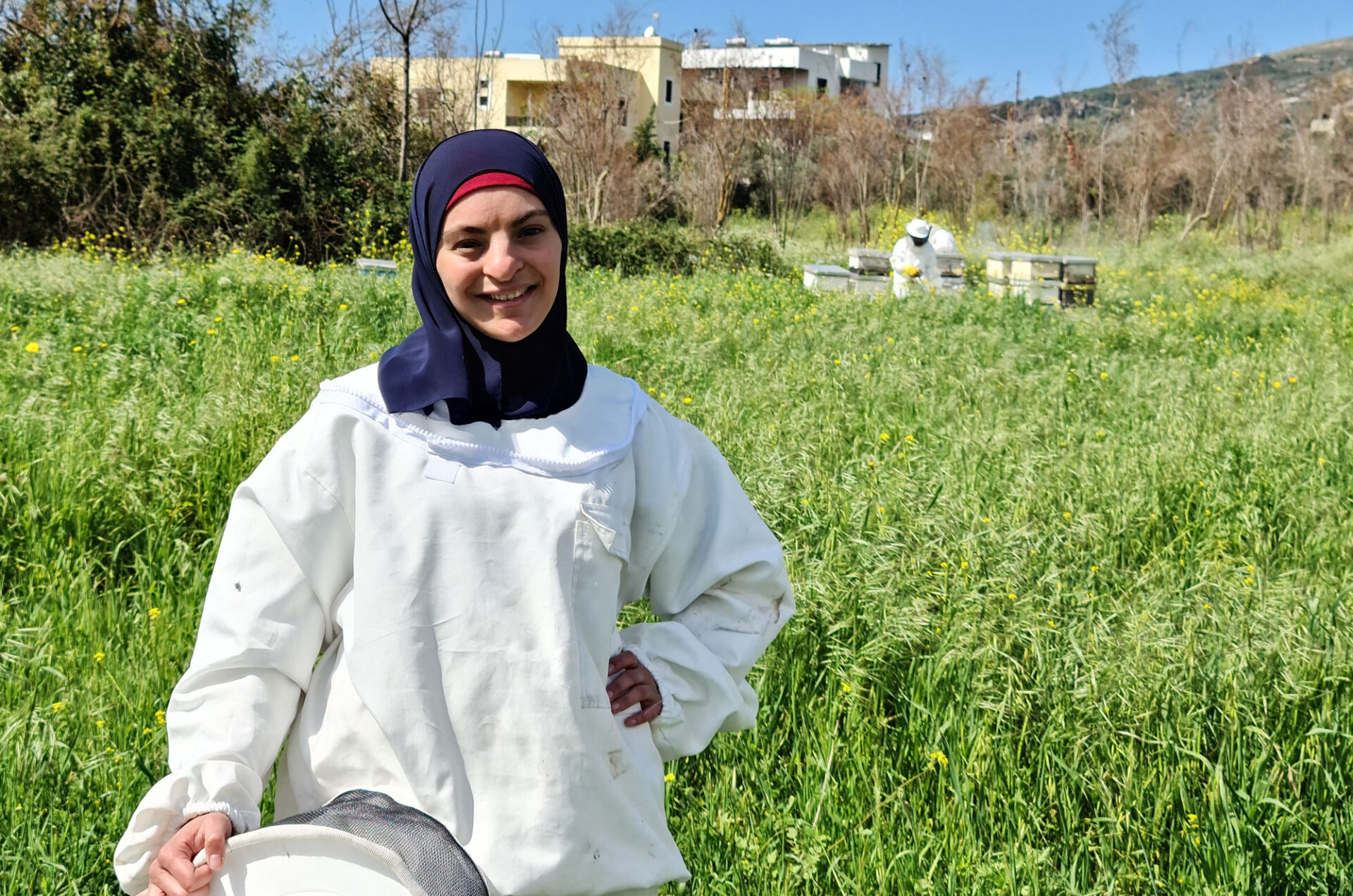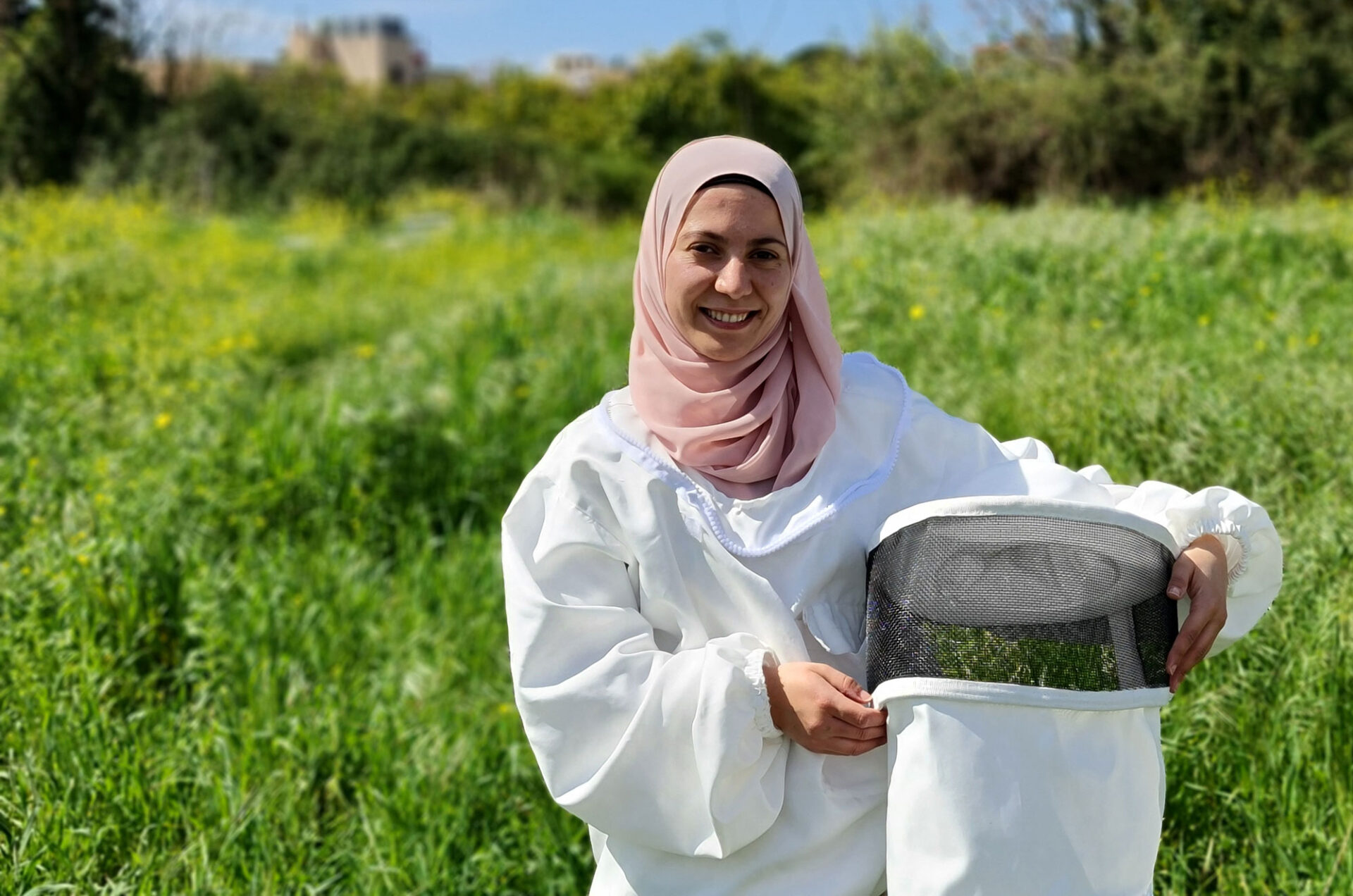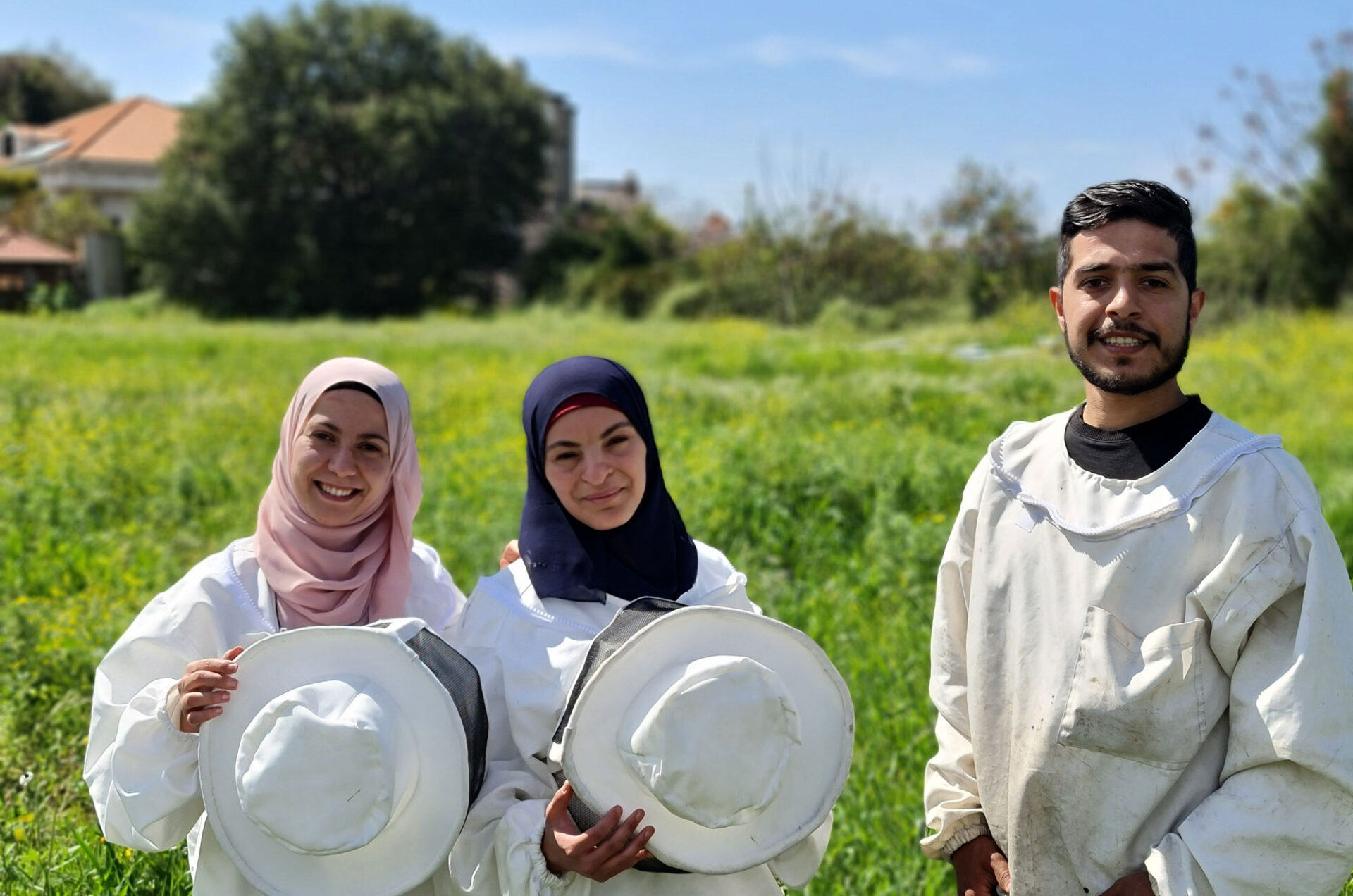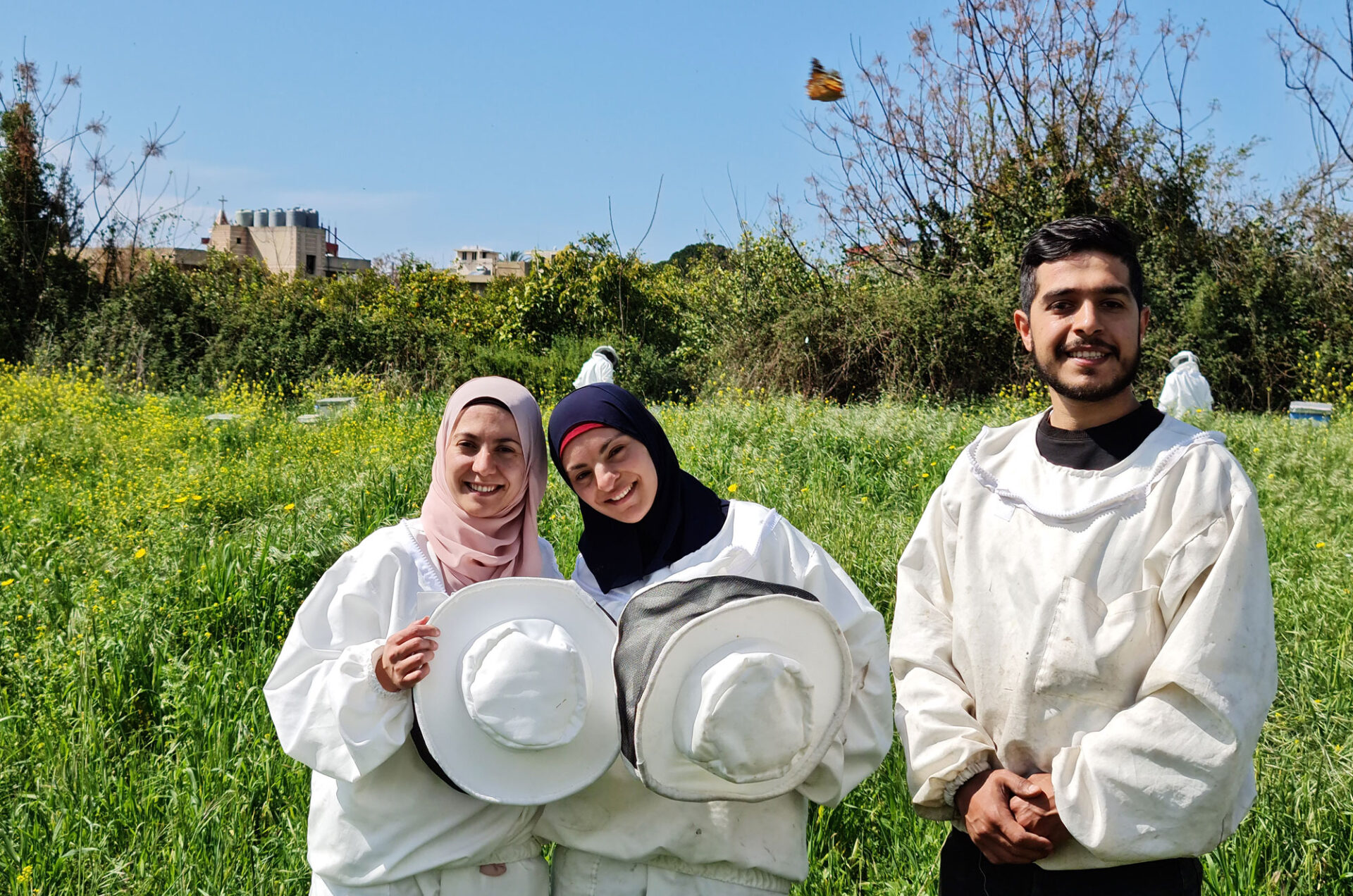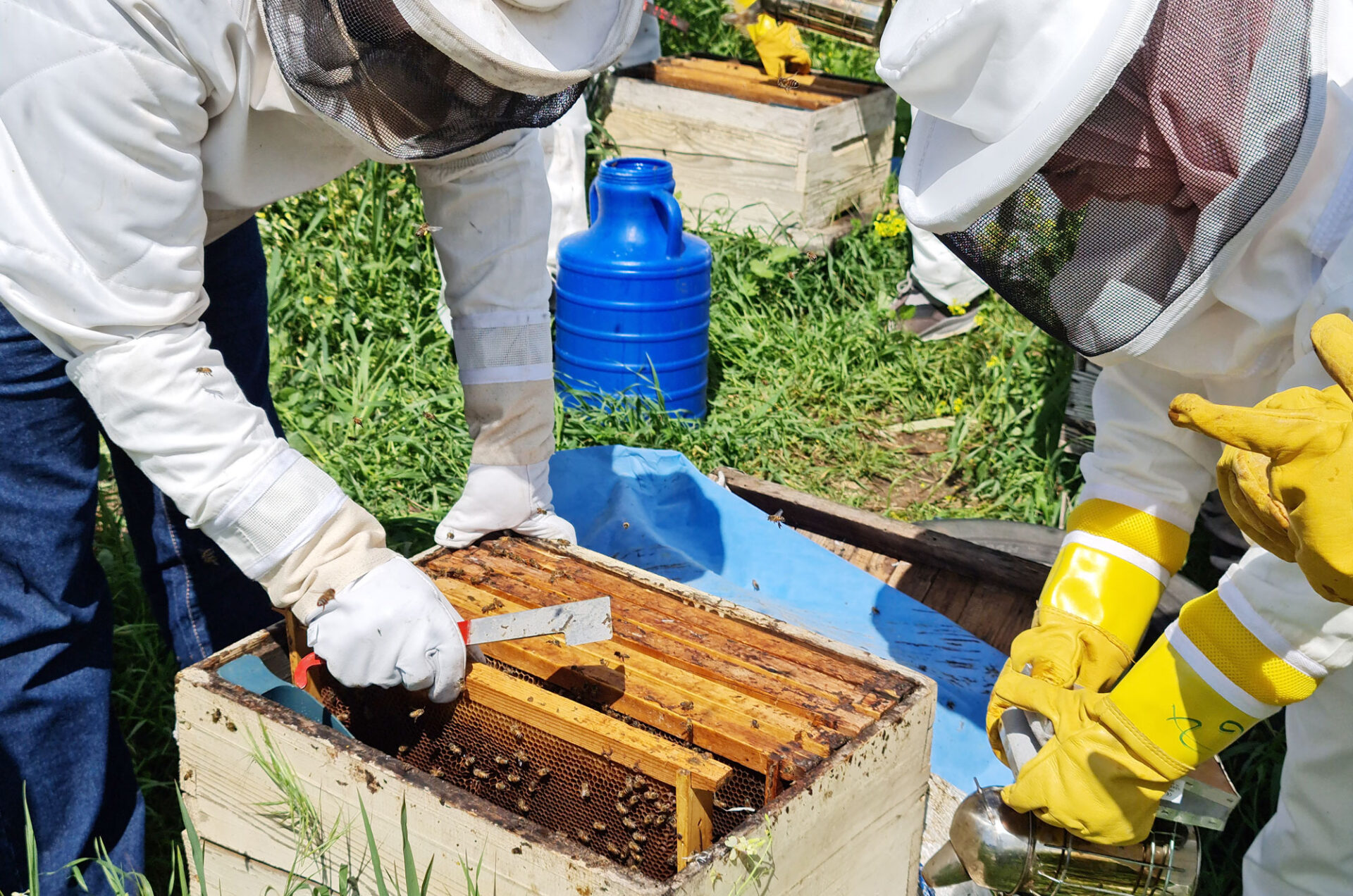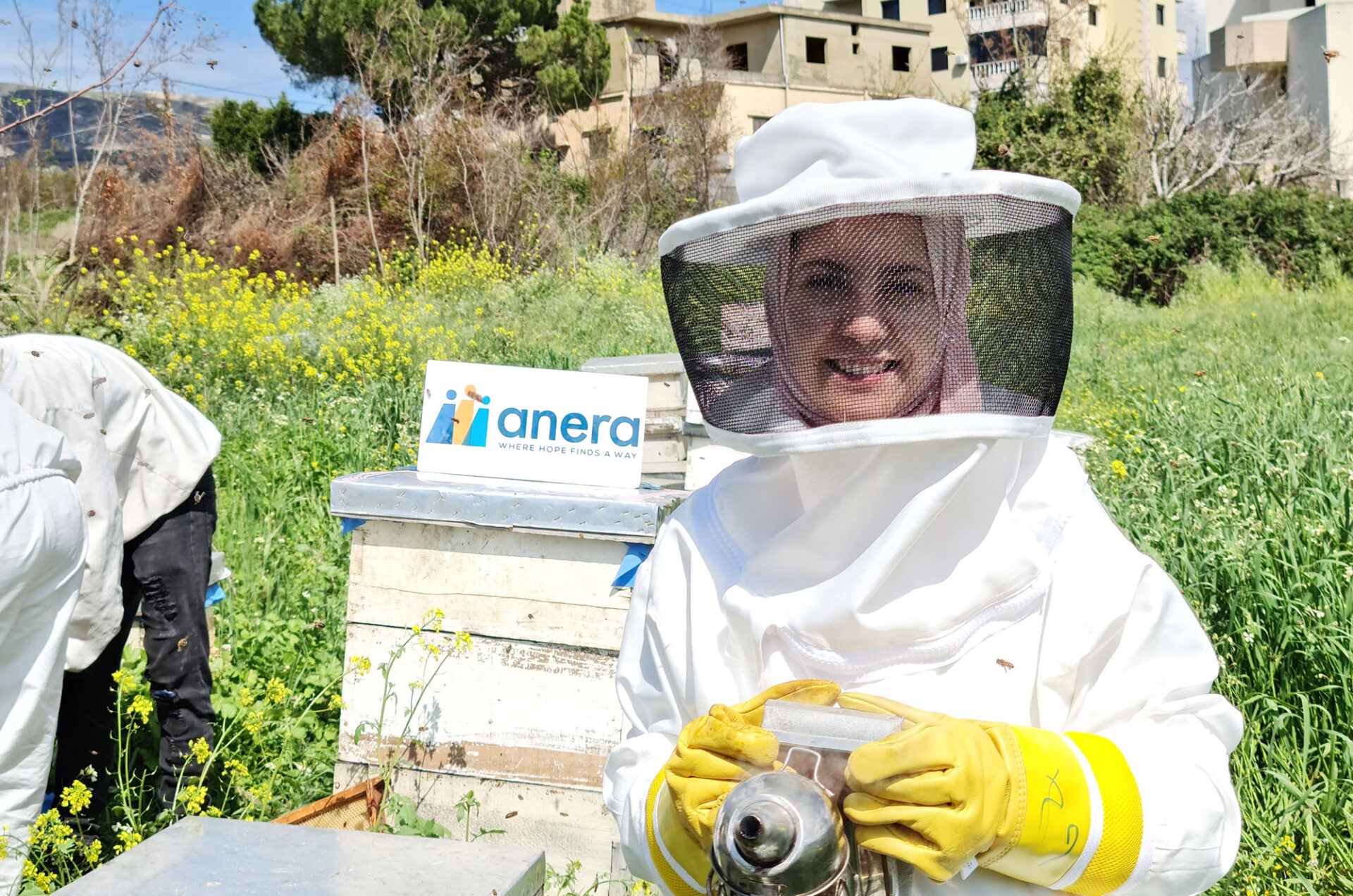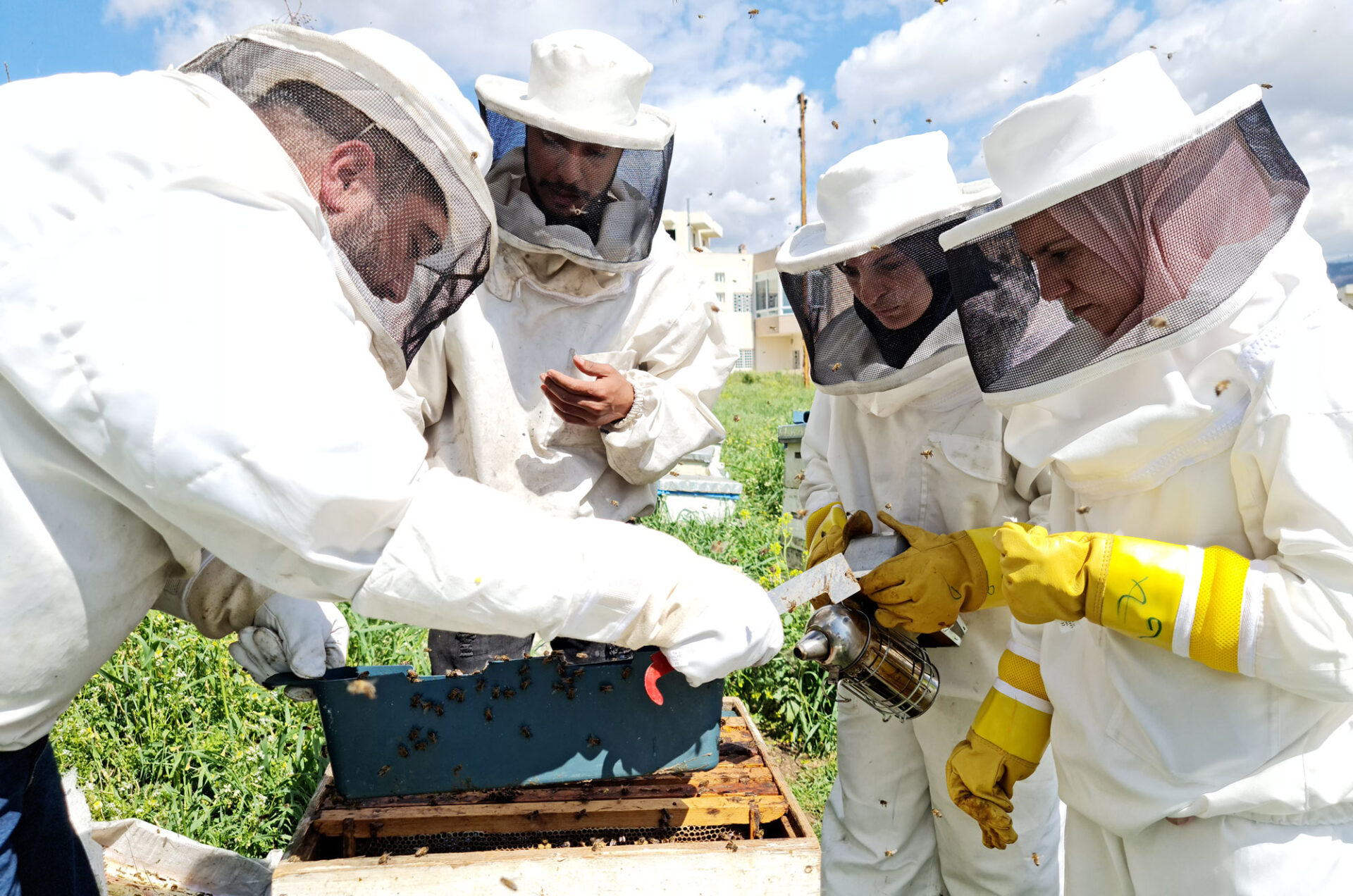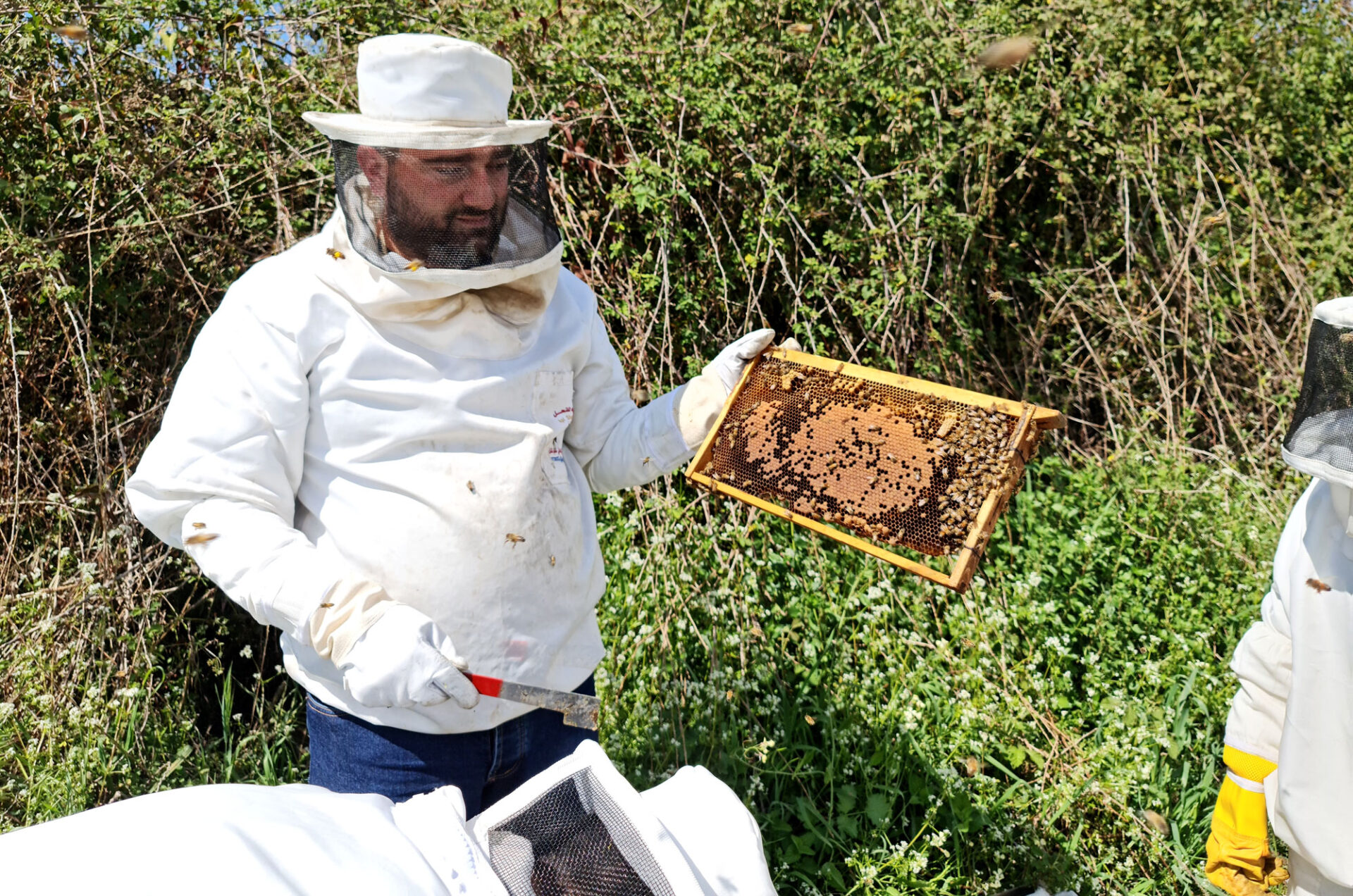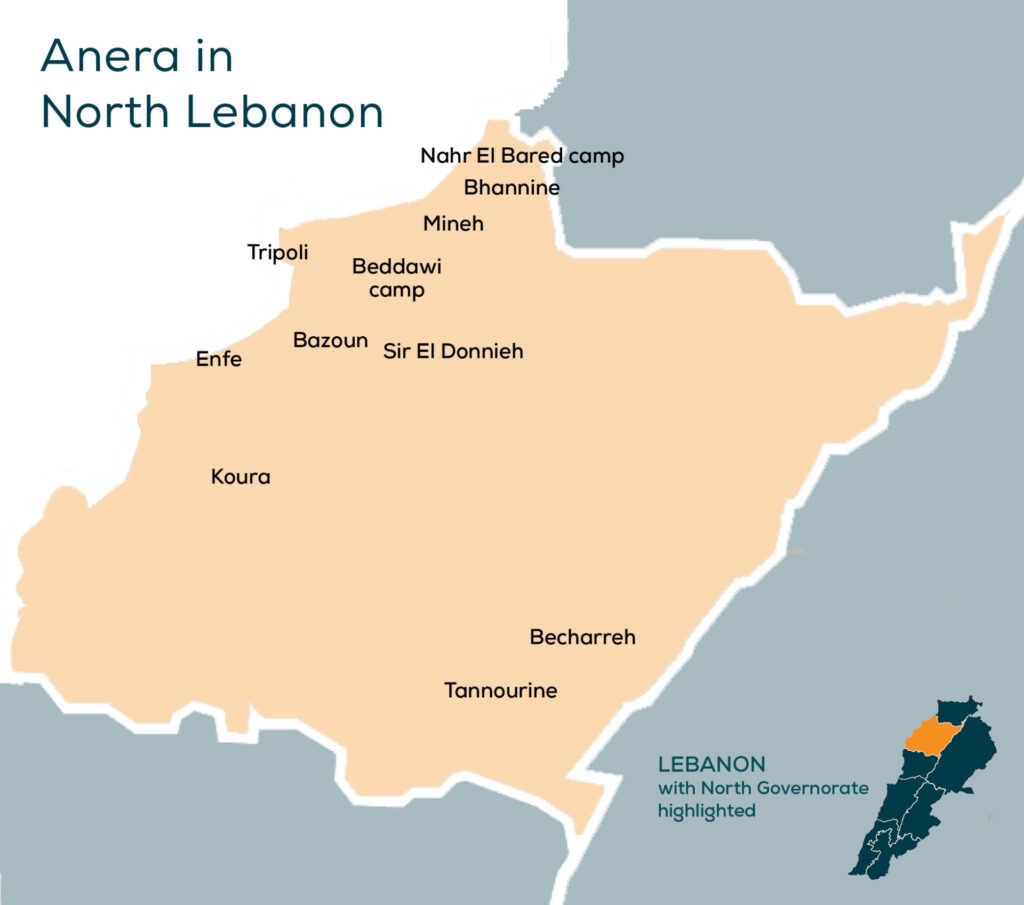May, 2023
Overcoming gender barriers and other hurdles will allow beekeeping to provide livelihoods for younger generations
Lebanon's varied terrain and distinct flora provide an ideal habitat for bees, making the country a major supplier of honey and other bee products, with around 243,000 kilograms exported in 2021.
Nonetheless, Lebanon's beekeeping industry faces significant challenges, including a lack of modern equipment and procedures, climate change, and pesticide use. These difficulties have led to a drop in bee populations, which could have disastrous consequences for agriculture and the environment.
Despite these obstacles, Anera, with the support of UNICEF, is working hard to promote sustainable practices and train beekeepers to adapt to changing conditions. We are providing young beekeepers with the training and support they need to flourish in this field.
Seventeen students took part in Anera's beekeeping course in North Governorate through UNICEF's Youth Education Empowerment and Employability program.


"I enrolled in the course partly because there are few women in this profession, and none at all in my hometown.”
Jana, a 28-year-old Lebanese woman, says what she learned in the course has enabled her to not only help her brother care for his beehives, but to grow the hives and increase honey production.
Beekeeping is a gendered occupation in Lebanon, so it was not a given that women would join a course for aspiring apiarists. Young women like Jana are breaking down gender barriers by pursuing careers in beekeeping, helping to expand the business while also empowering women in their communities.
"I enrolled in the course partly because there are few women in this profession, and none at all in my hometown,” Jana says. “I wanted to break down gender stereotypes and show that women can do anything they want and sometimes outperform men."
Jana did not dive into beekeeping without some trepidation. "At first, I was frightened of bees," she says. “But with time, I got over it.”
Omaima, a 24-year-old Lebanese woman with a master's degree in life sciences, took the beekeeping course to apply her expertise to current beekeeping techniques and to help others in her community.
"Many people in the region rely on beekeeping, in addition to the crops they grow. They urged me to come and learn contemporary beekeeping techniques and pass this information on to them,” Omaima says.
"There was fear at first,” she says of her feelings toward the bee hives. “But today, I know them, and we have become like friends!"
In Lebanon, as elsewhere, beekeeping is not only a source of income — the profession plays an important role in preserving local ecosystems. Which is why programs like this one, that train the next generation of beekeepers on modern apiculture practices, are so vital to the nation.
Through their work, Omaima and Jana are contributing to the industry's sustainability and eroding gender barriers, expanding opportunities for other women to consider becoming beekeepers.



